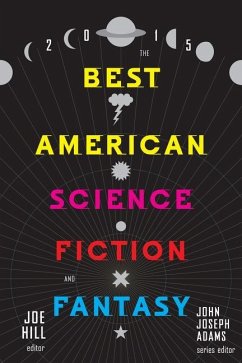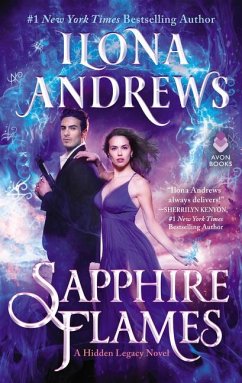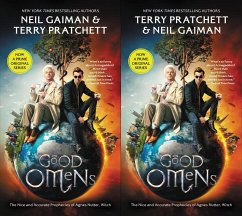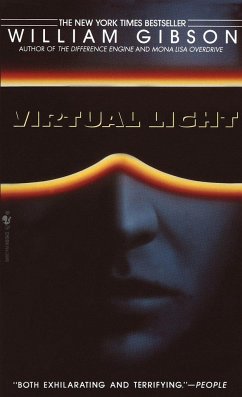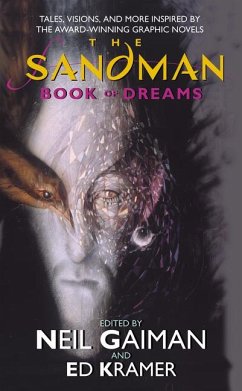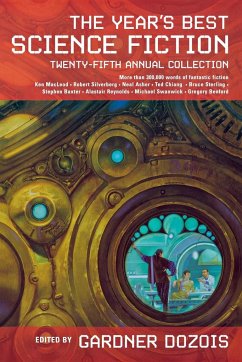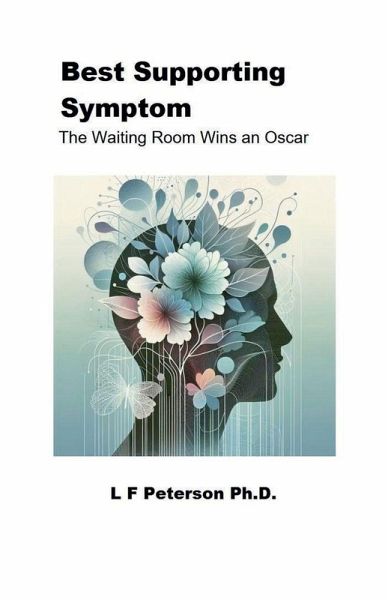
Best Supporting Symptom
Versandkostenfrei!
Versandfertig in 1-2 Wochen
19,99 €
inkl. MwSt.

PAYBACK Punkte
10 °P sammeln!
If you've ever suspected that modern therapy culture contains equal parts earnest healing, dramaturgical improvisation, laboring defense mechanisms, and a quiet, frightened plant in the corner Best Supporting Symptom weaponizes that intuition into narrative art. Dr. L. F. Peterson (via the irrepressibly theatrical Dr. Felix Peterson) has written (or staged) a book that feels like if Community, Severance, and a supervision group transcript were fed through a sly Jungian meme generator and then line-edited by someone with a Ph.D., restraint issues, and a humane streak a mile deep. The conceit is...
If you've ever suspected that modern therapy culture contains equal parts earnest healing, dramaturgical improvisation, laboring defense mechanisms, and a quiet, frightened plant in the corner Best Supporting Symptom weaponizes that intuition into narrative art. Dr. L. F. Peterson (via the irrepressibly theatrical Dr. Felix Peterson) has written (or staged) a book that feels like if Community, Severance, and a supervision group transcript were fed through a sly Jungian meme generator and then line-edited by someone with a Ph.D., restraint issues, and a humane streak a mile deep. The conceit is audacious: a therapy studio that treats symptoms like unionized ensemble actors. There's a literal in-house "award season" every morning, laminated defense mechanism role sheets, a therapy dog named Carl Bark cycling archetypal capes, and a self-aware clinician who must constantly audit his own flair before it hardens into avoidance. Into this semi-ritualized psychotheater walks Iris the avatar of absence, a sovereign void that refuses to play along. Her arrival tilts the tonal register from dazzling satire toward quietly destabilizing authenticity. Watching the book pivot without dropping its humor contract is thrilling. Every paragraph crackles with layered wit: clinical vocabulary waltzes with stage directions; jokes arrive meta-tagged with their own built-in ethical disclaimers; and silence weaponized as character often "wins" scenes over punchlines. The prose trusts the reader to hold irony and sincerity at once (a rarity). The narrative pacing alternates quick, staccato comedic volleys with elongated beats of negative space especially in Iris's first session giving emotional afterimages time to bloom. That structural modulation becomes a thematic argument: restraint amplifies meaning. Characters (Ensemble Excellence): - Dr. Felix Peterson: A ringmaster battling caricature creep; he's a fascinating study in ethical flamboyance. - Mara ("Marvel"): Administrative hyper-structure as attachment strategy played for humor but rendered with compassion. - Lionel & his "Intimacy Hiccups": A brilliantly absurd somatic tic that evolves into a punctuation philosophy. - Bee: Archivist of everything, her whispering grief edging toward audibility. Maybe the quiet heart. - Iris: Negative space incarnate she arrives like a solvent, dissolving performative lacquer. Her "baseline of authentic nothing" reframes the book midstream. - Trent, Zoya, Omar, Dahlia, Harold, Sylvia: Each a facet of contemporary coping content addiction, narrative staging of phobia, perfectionistic revision, numerological compulsion, meteorological affect, and compliance-as-identity. - Defense Mechanisms themselves (via union minutes & grievance sketches): A genius meta-layer anthropomorphized but not trivialized. - Think Lisa Kron's meta-theatrical intelligence meets Nick Hornby's character cadence, with shades of Bo Burnham's self-surveilling humor ethic. - Fans of Michaela Coel's tonal bravery or Jenny Offill's fragmentary emotional architecture will appreciate the negative space technique. - For therapists: feels like Irvin Yalom got dramaturgically coached by Phoebe Waller-Bridge. Who Should Read: - Therapists seeking an antidote to burnout via imaginative reframing. - Neurodivergent and anxiety-spectrum readers tired of pathologizing prose. - Creatives fascinated by how form can mirror psychic process. - Anyone allergic to saccharine "healing journeys" but still craving transformation narratives. Rating: 5/5 - Winner: Best Ensemble Neuron. Also wins a special citation for Ethical Use of Props.




